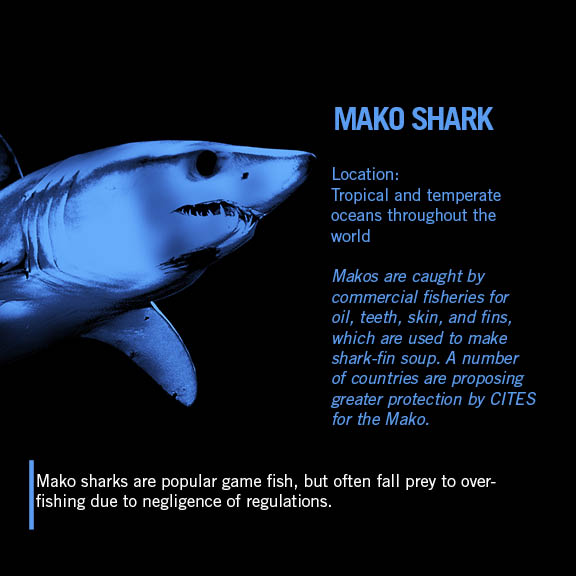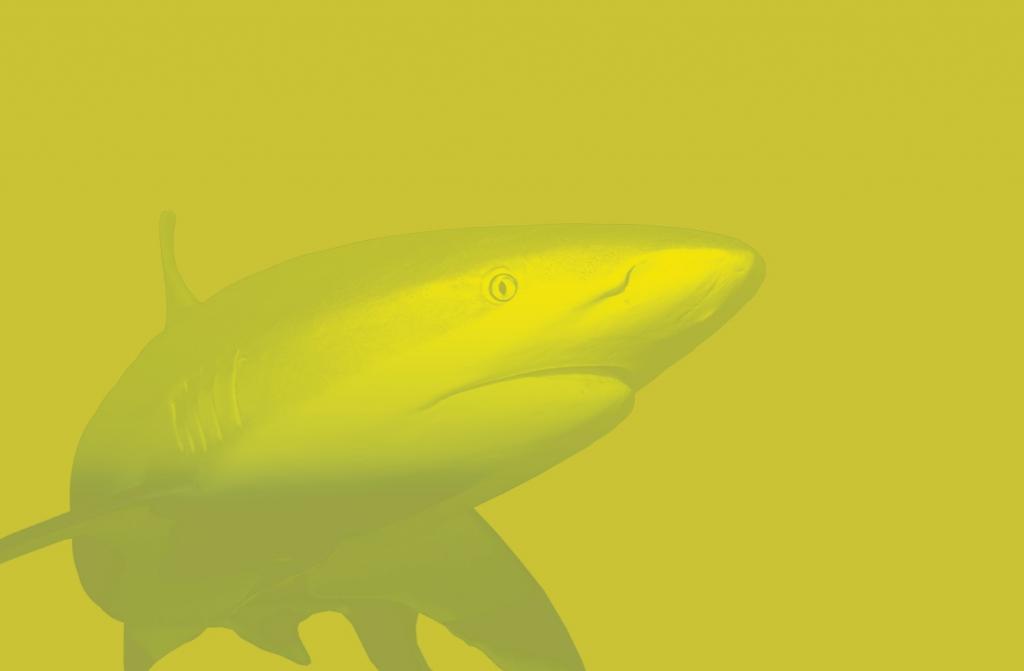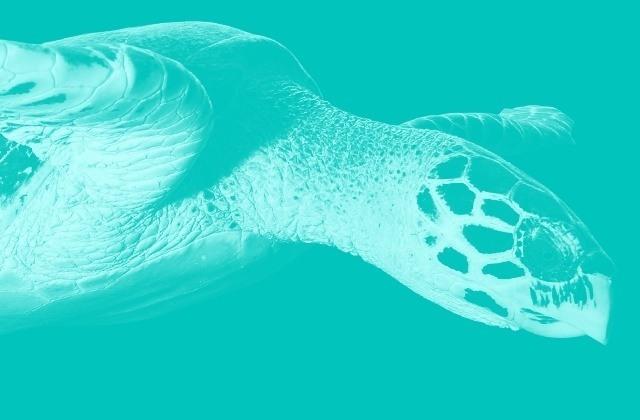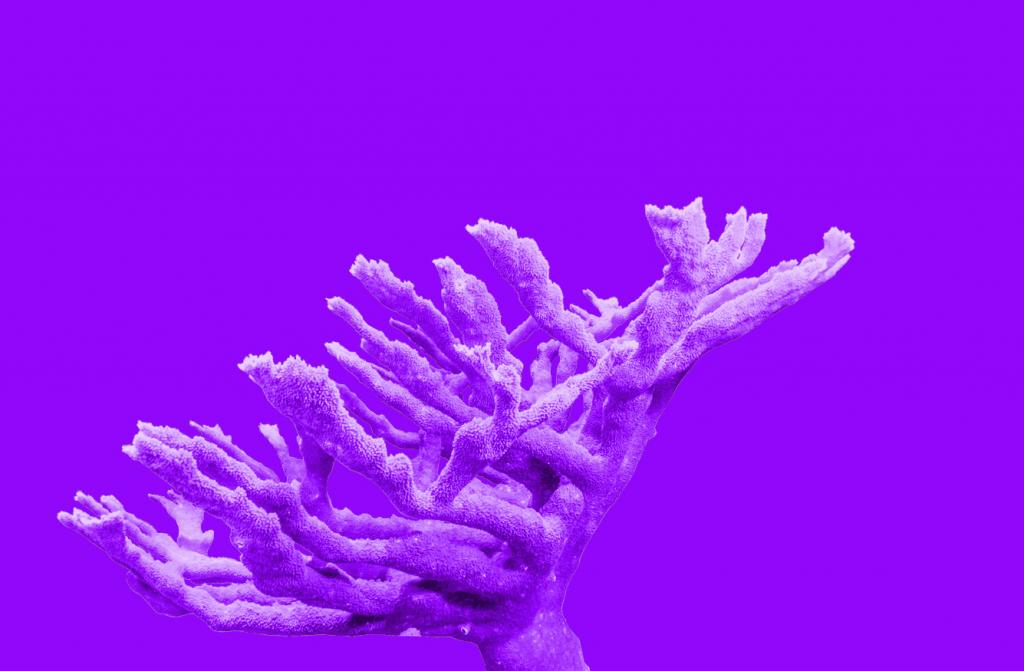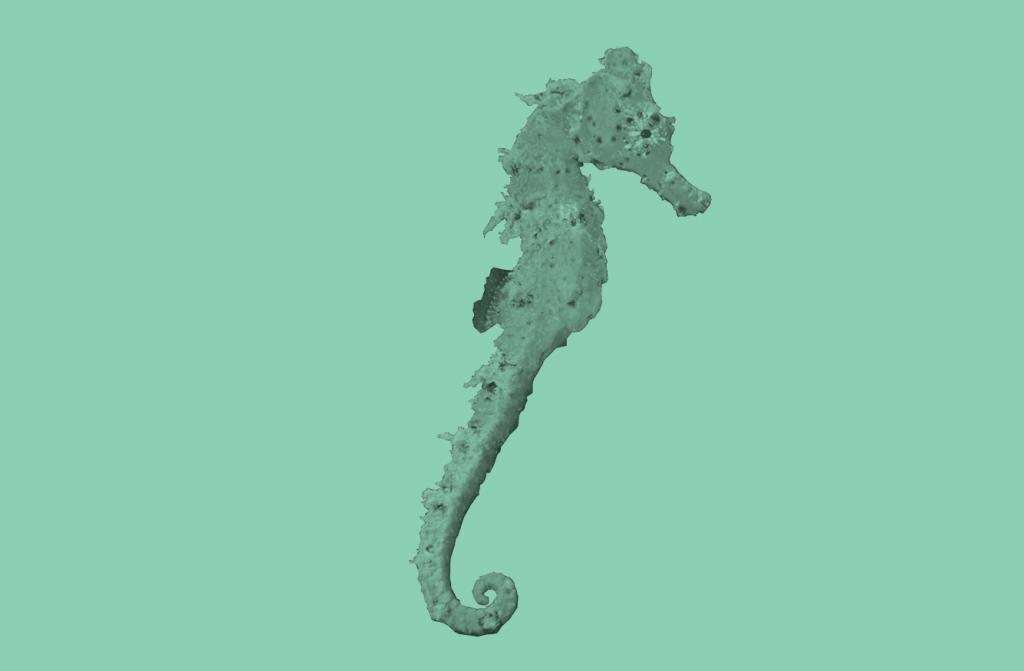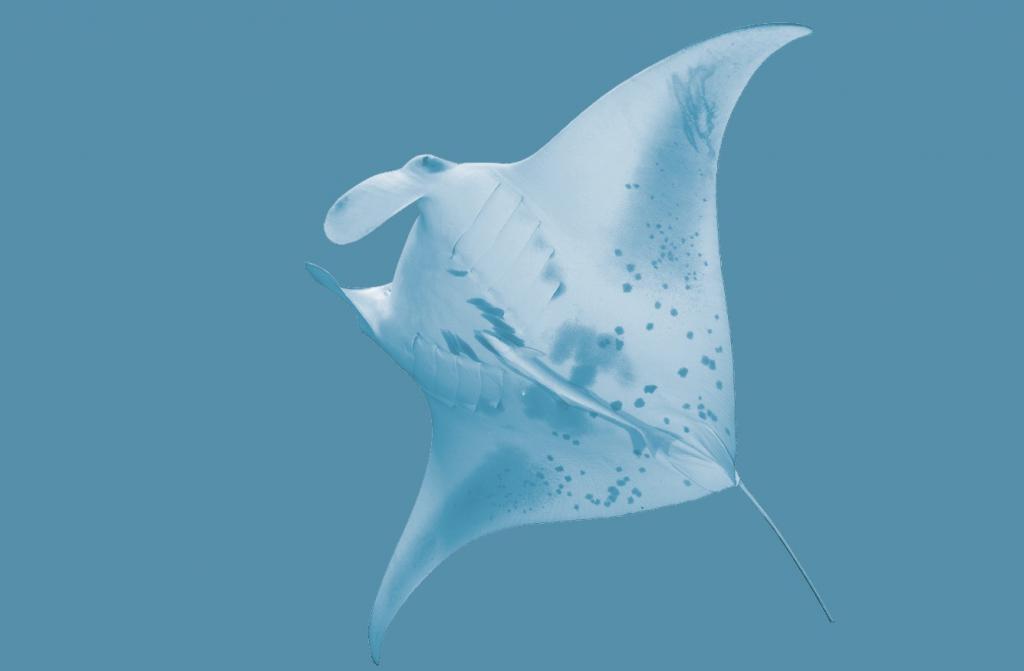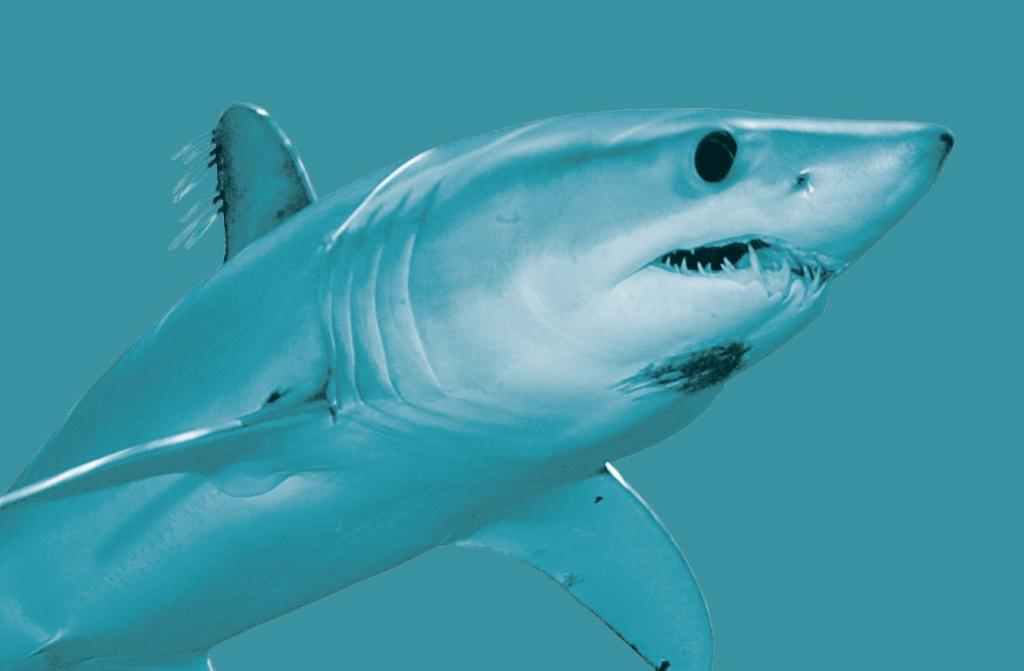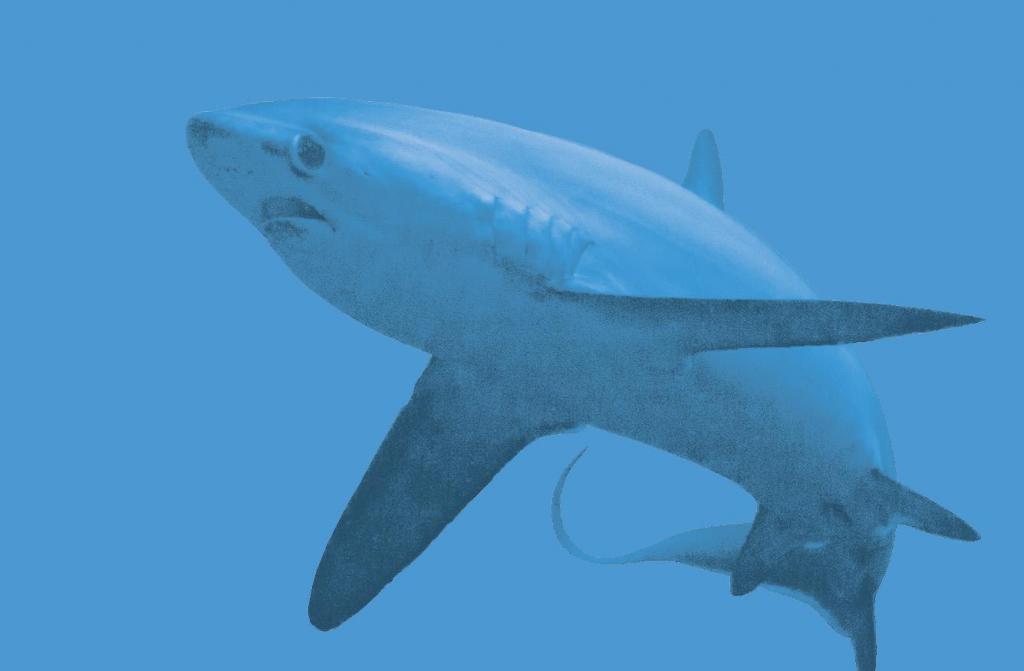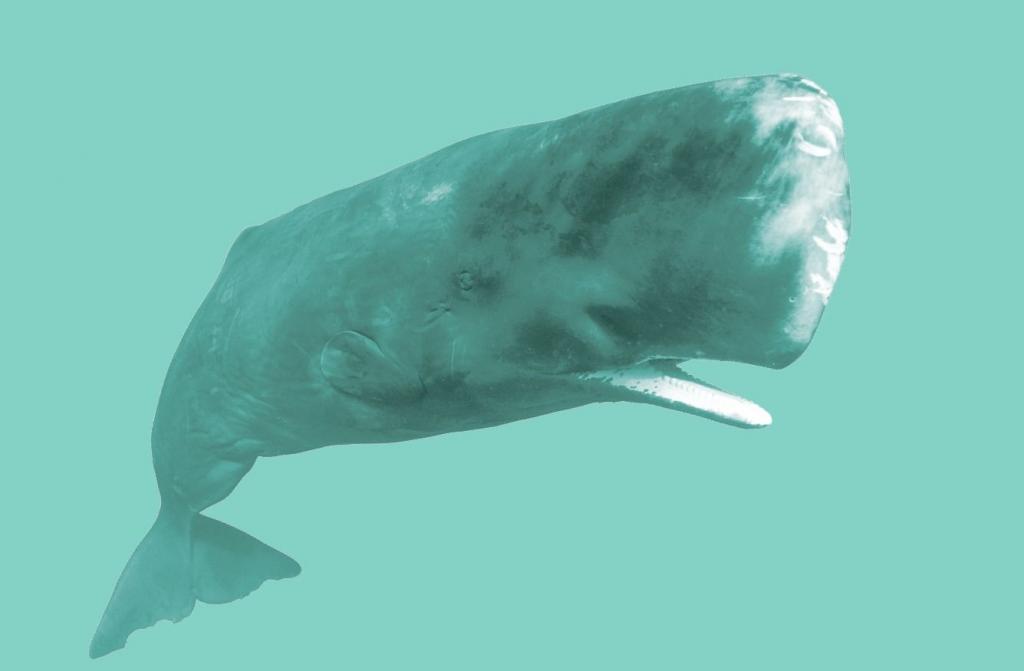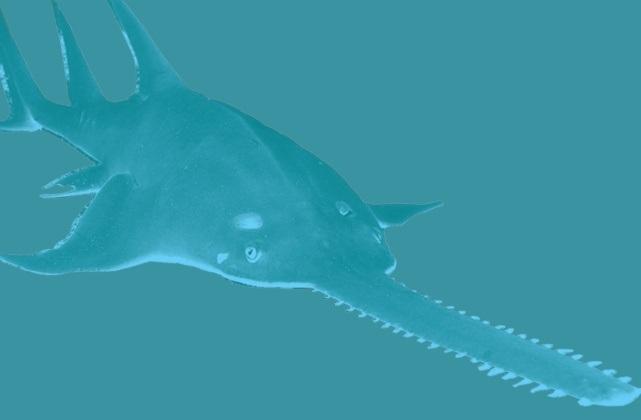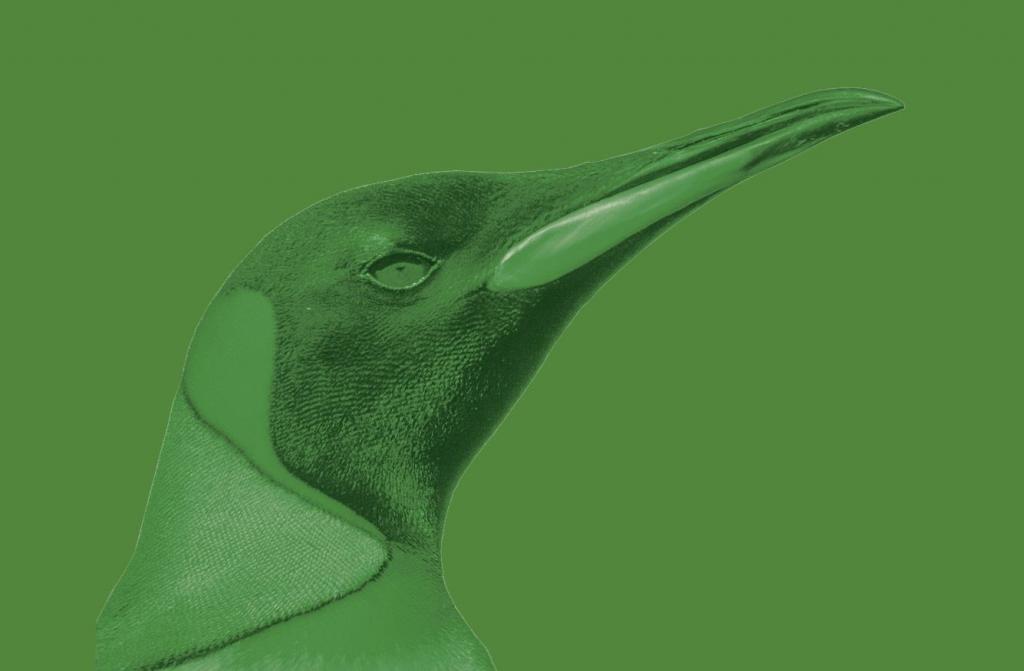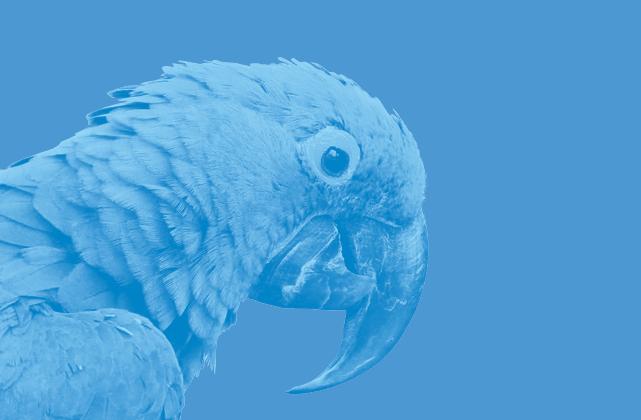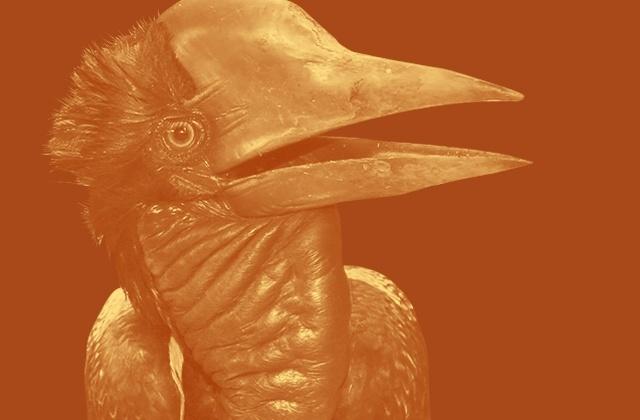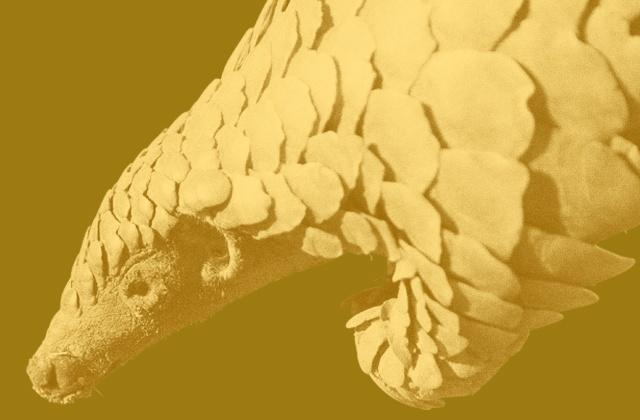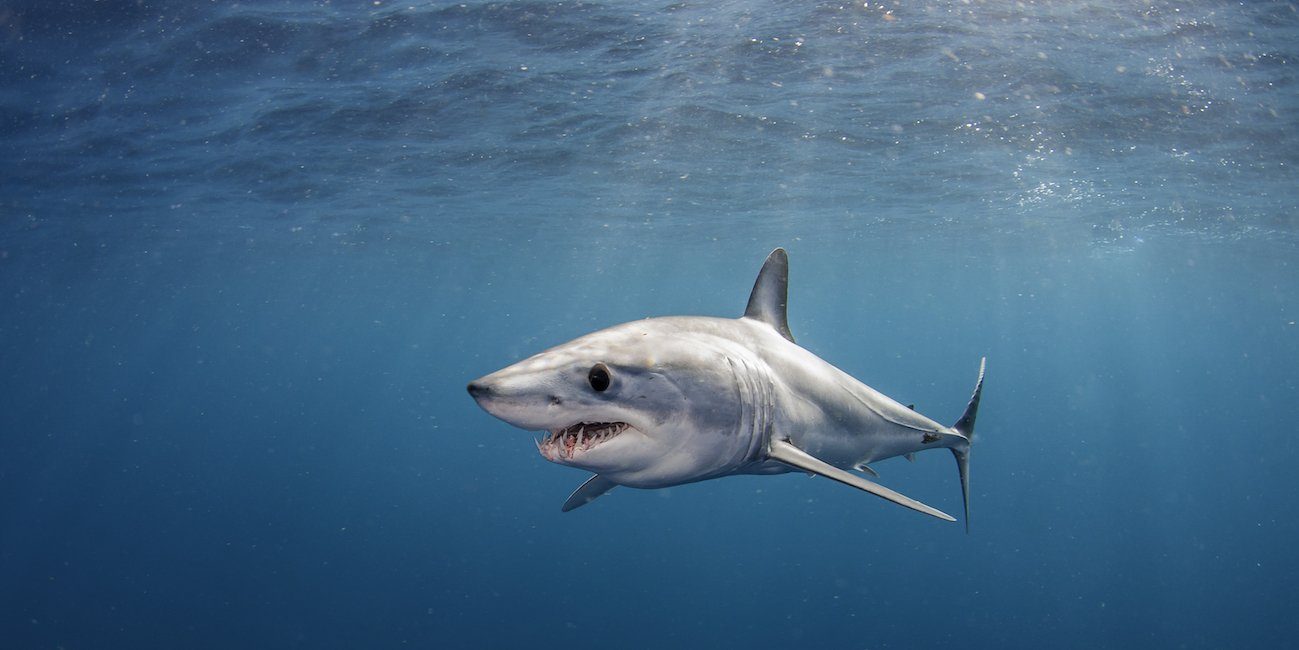
Mako Shark
The mako is the fastest shark reaching up to 74 kilometers per hour and landing the name “peregrine falcon of the sea.” Their speed makes them one of the fastest fishes on the planet. Both species are easily identified due to their strange (and mean looking) teeth. These teeth are visible even when their mouths are closed. There are no attacks on humans recorded from Shortfin sharks. Longfin sharks have attacked humans before, but it’s almost always the result of being caught in fishing nets or on fishing hooks and lines.
WHERE THEY CAN BE FOUND
There are two species of mako shark: the shortfin mako shark and the longfin mako shark. They inhabit all the temperate waters of the world, with significant populations being found in the Pacific, Atlantic and Indian oceans and in the Red Sea and the Mediterranean.
WHY THEY ARE IMPORTANT
Makos are supreme hunters and apex predators, which means they do not have any predators of their own within their ecosystem. This makes them essential for controlling the overpopulation of their prey, preventing one species from monopolizing limited resources and contributing to maintaining a complex and diverse marine ecosystem.
HOW THEY ARE THREATENED
The largest threat to this animal, like so many other shark species, are humans. Like most marine animals Makos are threatened by pollution and climate change. They frequently get caught in fishnets and are sometimes caught by commercial fisheries for fins, oil, teeth, and the shark skin. They are also used for game fishing. They are often victims of by-catch and get accidentally captured when schools of tuna or swordfish are reeled in by large-scale fishing operations. This, together with their slow maturation rates, have contributed to their significant decline during the last decades. This rapid decline has led some governments to put strong regulations in place to protect these animals. In September 2019, a proposal was adopted to include mako sharks in CITES Appendix II, increasing their protections and making it illegal to trade them with few exceptions.
HOW YOU CAN HELP
Avoid consuming or buying any products made from sharks. Support programs that educate fisherman on the proper release of animals from fish nets, and that empower them to prevent any accidental bycatch. Reduce your carbon footprint and don’t buy single-use plastics. Finally, support organizations that seek to strengthen regulations in mako shark trade and fishing.
km per hour (45 mph) that a Mako shark can reach.

